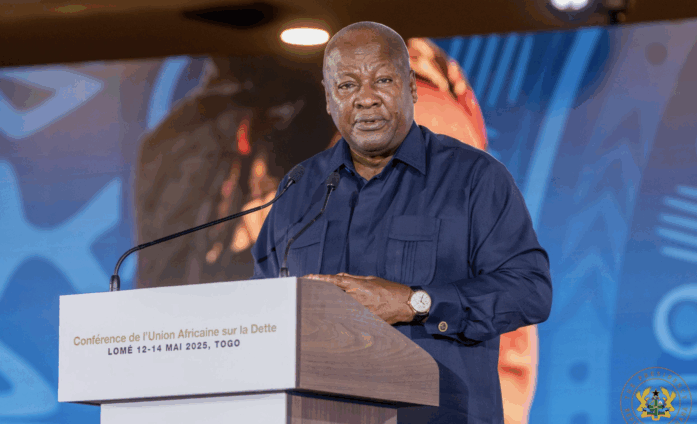Ghana’s highly anticipated 24-Hour Economy policy will officially launch today, Wednesday, July 2. This initiative aims to drive economic transformation, enhance productivity, and address unemployment by promoting round-the-clock operations in key sectors. As a flagship promise of the National Democratic Congress (NDC) manifesto, the policy encourages continuous, shift-based work in industries such as manufacturing, agro-processing, healthcare, transportation, and retail.
Described by the government as a “game changer,” the policy is expected to create thousands of new jobs, increase national output, and unlock value throughout supply chains. Companies that participate in the program will receive benefits such as tax incentives, access to stable electricity, and improved nighttime security.
Goosie Tanoh, the Presidential Advisor on the 24-Hour Economy, outlined the framework of the policy at the launch event. He emphasised that it is built on three core pillars: transforming production, improving supply chains and market systems, and strengthening human capital.
“These foundational anchors are supported by eight strategic sub-programmes,” he said.
Among the sub-programmes are:
Grow24 – focused on agricultural modernisation
Make24 – supporting industrial and manufacturing growth
Connect24 – improving logistics and supply chain systems
Aspire24 – promoting a national culture of productivity
A significant component of the policy is the integration of digital skills into the Technical and Vocational Education and Training (TVET) system to prepare youth for emerging job opportunities. The “Show Ghana” initiative was also announced to leverage the country’s cultural heritage for tourism and foreign revenue generation.
Speaker of Parliament Alban Bagbin, who responded to the presentation, expressed support for the programme but urged the government to seek legislative backing to ensure its sustainability.
He called on the 24-Hour Economy Secretariat to work with Parliament to draft and pass a bill that would institutionalise the policy and protect it from being discontinued under future administrations.
The July 2 launch signals what the government describes as the beginning of a “new economic era” aimed at transforming Ghana’s labour dynamics and unlocking long-term inclusive growth.
By: William Narh


